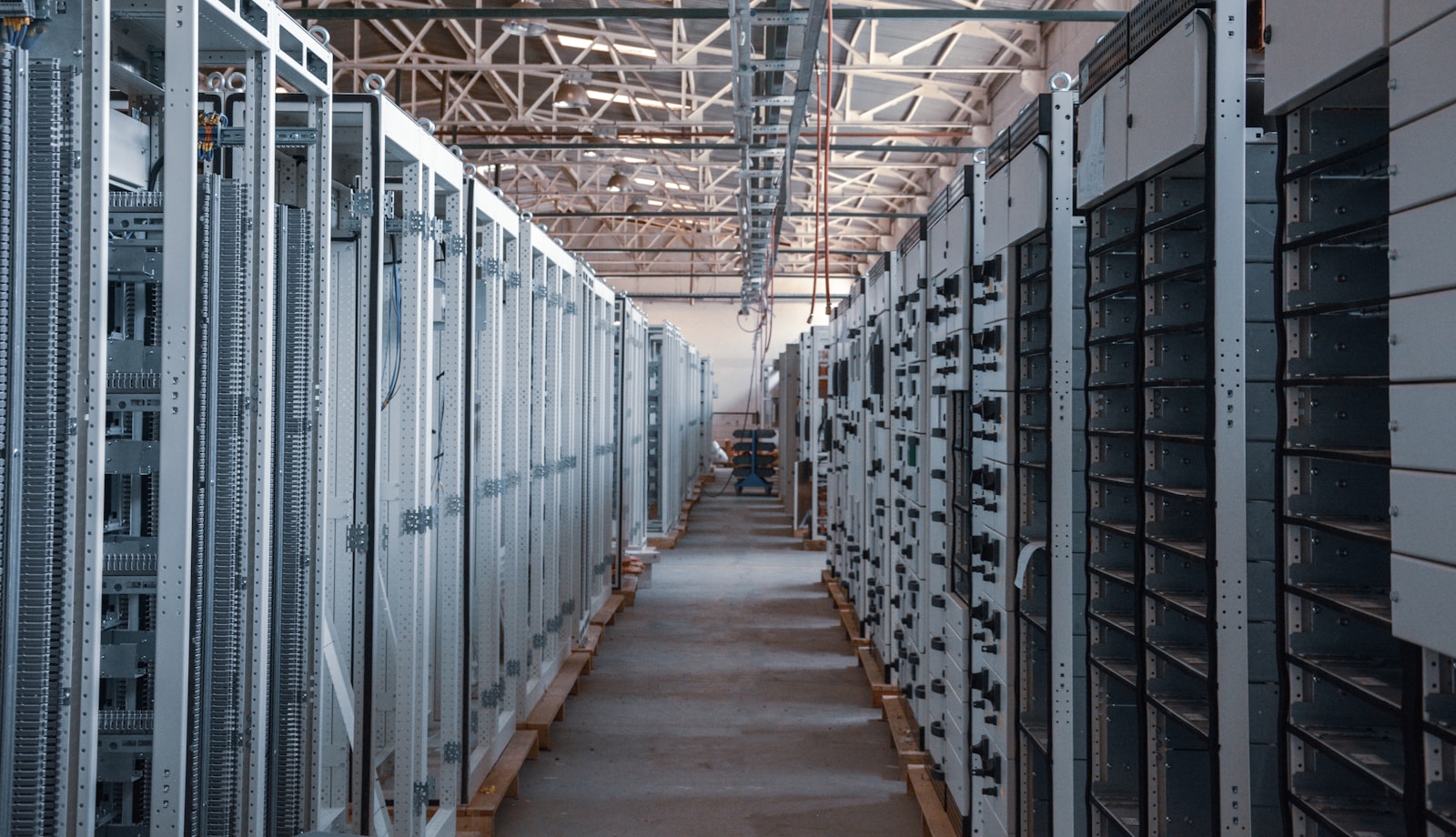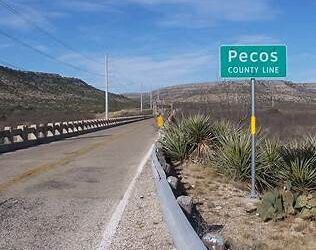Welcome back to our four-part Eco Business News series, where we’re digging into the green innovations transforming our planet. After shining a light on renewable energy, we’re now getting our hands dirty with sustainable agriculture—because nothing says “farm-to-table” like growing food that’s good for both you and the Earth. From high-tech farming to regenerative practices, the agriculture sector is sprouting new ideas. Let’s plow through the latest highlights, unpack their impact, and toss in some fun facts to keep it fresh.
The Sustainable Agriculture Surge: A Growing Trend
Agriculture is at a crossroads. With global populations projected to hit 9.7 billion by 2050, feeding the world without wrecking the planet is a tall order. Enter sustainable agriculture, which balances productivity with environmental stewardship. In 2024, investments in agri-tech startups soared to $15 billion globally, fueled by innovations in precision farming, vertical agriculture, and soil health solutions AgFunder. Why the hype? Consumers and governments are pushing for food systems that don’t just fill plates but also preserve ecosystems.
- Precision Farming: Drones, sensors, and AI are helping farmers use water, fertilizers, and pesticides more efficiently, cutting waste by up to 20% in some cases (FAO).
- Vertical Farms: Urban agriculture is reaching new heights—literally. Vertical farms in cities like Singapore and New York are growing leafy greens in skyscrapers, using 95% less water than traditional methods. Fun fact: One vertical farm can produce the equivalent of 10 acres of farmland in a single building!
- Regenerative Practices: Farmers are adopting techniques like cover cropping and no-till farming to restore soil health, sequester carbon, and boost biodiversity (Regenerative Agriculture Initiative).
A recent X post from a leading agronomist highlighted how regenerative agriculture could cut greenhouse gas emissions by 10% while improving crop yields—talk about a win-win Soil Health Institute.
Spotlight: Agri-Tech Startups Stealing the Show
One of the juiciest trends in sustainable agriculture is the rise of agri-tech startups. Companies like Indigo Agriculture are using microbiology to enhance soil fertility, reducing the need for chemical fertilizers. Their microbial seed treatments have increased crop yields by up to 15% in trials Indigo Ag. Meanwhile, AeroFarms is revolutionizing urban farming with aeroponic systems that mist plant roots with nutrients, slashing water use and growing produce in half the time of traditional methods AeroFarms.
Why it matters: These startups aren’t just growing food—they’re growing hope. By making farming more efficient and eco-friendly, they’re tackling food security and climate change in one fell swoop. It’s like giving Mother Nature a high-five while serving up a salad.
Policy Power: Governments Sow the Seeds for Change
Governments are stepping up to support sustainable agriculture, and the results are blooming. The European Union’s Farm to Fork Strategy aims to make 25% of EU farmland organic by 2030, with €10 billion allocated for eco-friendly practices (European Commission). In the U.S., the USDA’s Climate-Smart Agriculture program is funneling $3 billion into regenerative farming projects, helping farmers transition to low-carbon methods USDA. Even India is getting in on the action, promoting natural farming to reduce pesticide use and improve soil health.
These policies are fertilizing innovation. For example, subsidies for precision farming tech are making it easier for small-scale farmers to adopt tools like satellite-guided tractors—because who doesn’t want a tractor with GPS?
Challenges and Opportunities
Sustainable agriculture isn’t all smooth sowing. Scaling up regenerative practices requires training and investment, and small farmers often lack access to capital. Plus, consumer demand for cheap food can put pressure on eco-friendly producers. But every challenge is a chance to grow.
- Edible Solutions: Companies are developing plant-based proteins and lab-grown meat to reduce agriculture’s environmental footprint. One startup is even making burgers from fermented fungi—tastes like beef, saves the planet!
- Carbon Markets: Farmers are earning extra income by selling carbon credits for sequestering CO2 in their soils. It’s like getting paid to be a climate hero.
Why This Matters for Eco-Businesses
For eco-entrepreneurs, sustainable agriculture is a fertile field. Whether you’re developing AI for precision irrigation, launching a vertical farm in a city, or creating biodegradable packaging for organic produce, the opportunities are ripe. Consumers are hungry for sustainability—68% of shoppers say they’d pay more for eco-friendly food products NielsenIQ.
What’s Next?
The future of sustainable agriculture is as vibrant as a freshly picked tomato. In 2025, expect to see more breakthroughs in gene-edited crops that resist drought, blockchain systems for transparent supply chains, and community-supported agriculture models that connect farmers directly with consumers. Stay tuned for the third post in our series, where we’ll explore another eco-business category—because the green revolution is growing stronger by the day.
Got ideas for the future of farming? Share them in the comments, and let’s cultivate some inspiration together!

















